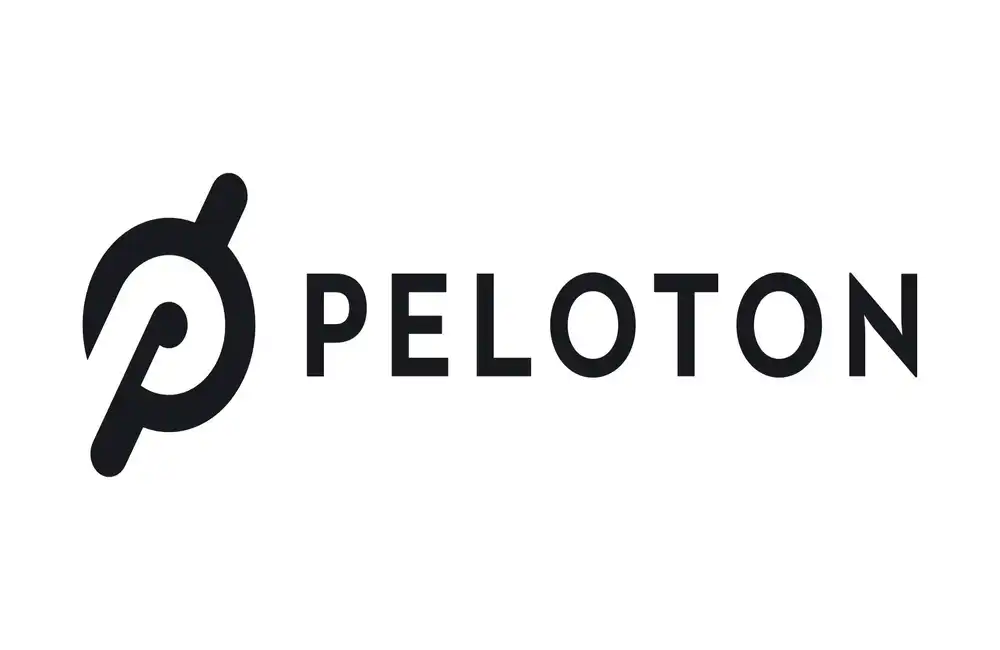A new investigation exposed serious defects in the UK timber market, where nearly half of the birch wood samples marked as sustainable were found to be misidentified.
The discovery of illegal Russian and Belarusian timber entering the UK market creates serious concern despite existing sanctions meant to block such imports. The consequences affect multiple areas by damaging supply chain trustworthiness and ethical sourcing practices as well as undermining investor trust.
Key Findings from the Study
A landmark study conducted by World Forest ID alongside Kew Gardens and the World Resources Institute chemically traced the origins of birch wood samples. Research found that 46% of the birch wood samples marked as coming from Ukraine, Poland, Estonia, or Latvia were incorrectly labelled and actually originated from Russia or Belarus. The presence of sanctioned timber within the UK supply chain prompts severe concerns because strict sanctions were enacted after Ukraine's invasion.
The Sanctions Context
The UK and EU implemented strict prohibitions on Russian and Belarusian timber imports during 2022. The sanctions emerged as a direct reaction to Russian military actions designed to disrupt financial resources that support their operations. Both countries rely heavily on timber as their key export product and decided to block this strategic resource. The found presence of birch wood from Russia and Belarus demonstrates active breaches of these economic sanctions.
Certification Schemes Under Scrutiny
The credibility of major forest certification systems like the Forest Stewardship Council and the Programme for the Endorsement of Forest Certification is being questioned due to frequent timber origin misidentification. While certification bodies serve important functions in validating sustainable and ethical sourcing practices their failures in this situation reveal fundamental weaknesses within their systems.
Experts question if these organisations maintain adequate monitoring systems to catch illegal timber entering global markets. Due to traceability issues buyer trust is compromised which casts doubt on the sustainability of certification systems unless major changes are made.
Sanctioned Timber Laundering Routes
Earthsight investigations reveal the methods behind timber from Russia and Belarus evading sanctions. Kazakhstan and Turkey serve as essential transit points in the timber laundering process. Timber re-exported through these intermediary countries receives new labels that disguise its actual origin from sanctioned nations which lets it move into the UK and EU markets without detection.
The practice of circumventing restrictions threatens ethical businesses and undermines worldwide measures against deforestation and environmental exploitation.
Market Impact
The UK market faces ethical dilemmas and practical difficulties because illegal timber enters its supply chains. Sanctioned timber undermines businesses that work towards sustainable sourcing practices and regulatory compliance. Construction firms that invest ethically along with timber merchants encounter several new risks due to sanctioned timber products.
- Reputational Damage: If businesses are discovered to have illegal timber in their supply chains they could become targets of public condemnation and media investigation.
- Regulatory Penalties: Failing to comply with UK sanctions exposes businesses to financial penalties and possible legal ramifications.
- Market Instability: The entry of uncertified timber into the market disrupts price stability while providing unfair competition advantages to illegal traders over ethical businesses.
Without quick implementation of enhanced enforcement measures the UK timber industry faces potential loss of credibility.
Regulatory Response and Policy Review
The UK government began reviewing its timber procurement policies to address current violations. The agenda prominently features traceability improvements which will likely result in new policies imposing more rigorous timber origin verification standards. The implementation of cutting-edge technological systems such as chemical tracing alongside blockchain-based solutions might be part of the new supply-chain transparency measures.
Pressure builds on certification bodies to overhaul their verification procedures. More rigorous audits along with independent assessments can serve to fill present gaps in accountability.
Investor Takeaways
Recent findings require timber and construction sector investors to reassess their risk management strategies. Key considerations include:
- Due Diligence: Investors need to focus their portfolio on companies that demonstrate strong transparency within their supply chains together with transparent timber procurement compliance processes.
- Legal Liabilities: Legal problems may arise for enterprises trading in misidentified timber which increases their financial risks.
- Sector Volatility: Stricter supply chain regulations will create immediate financial strains and market instability. Quick adaptation allows businesses to establish enduring competitive advantages through adherence to upgraded ethical standards.
Looking Ahead
The timber sanctions-busting scandal demands that governments work together with certification bodies and business stakeholders along with investors to take urgent collective action. Preserving the timber sector’s trustworthiness requires eliminating certification protocol gaps while boosting traceability and enforcing sanctions compliance.
Moving forward requires industry participants and investors to demonstrate vigilance and uphold ethical standards. If the UK timber market addresses its weaknesses it can turn an alarming discovery into a chance to become a leader through transparency and responsibility.



















